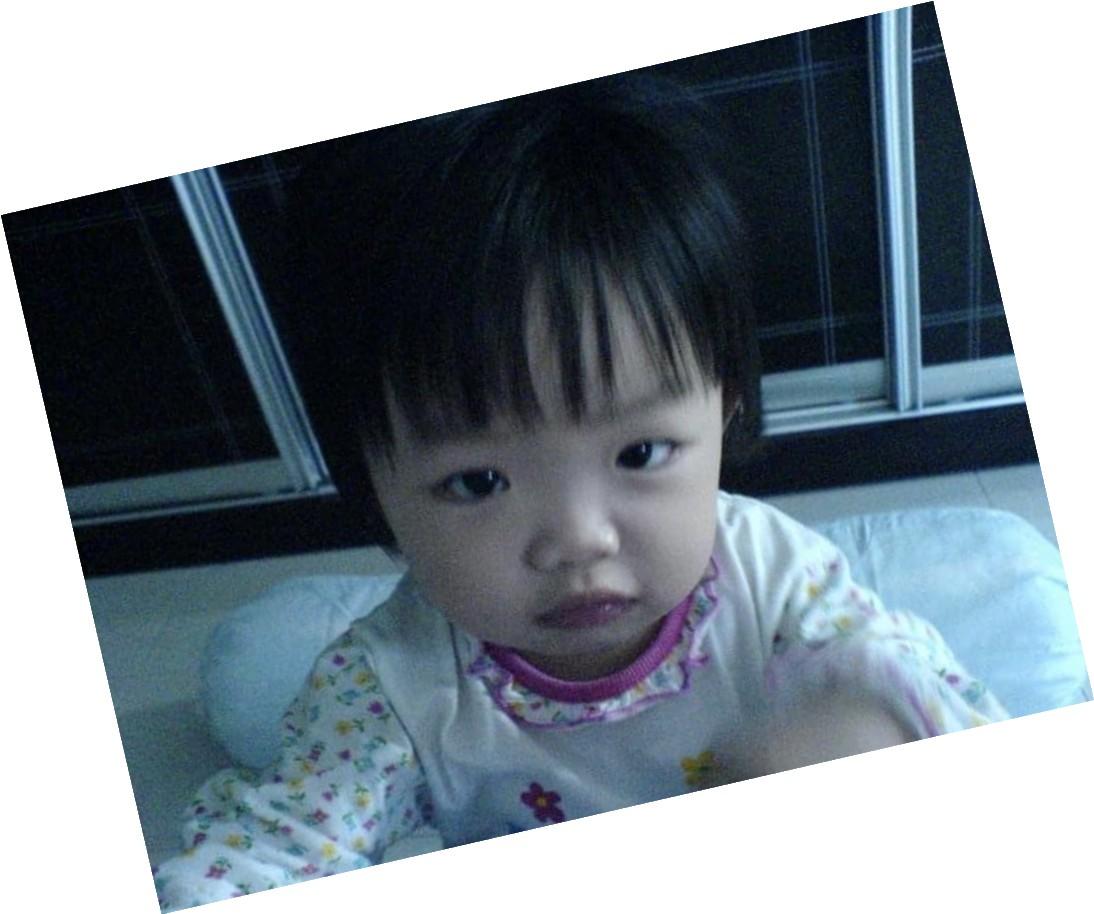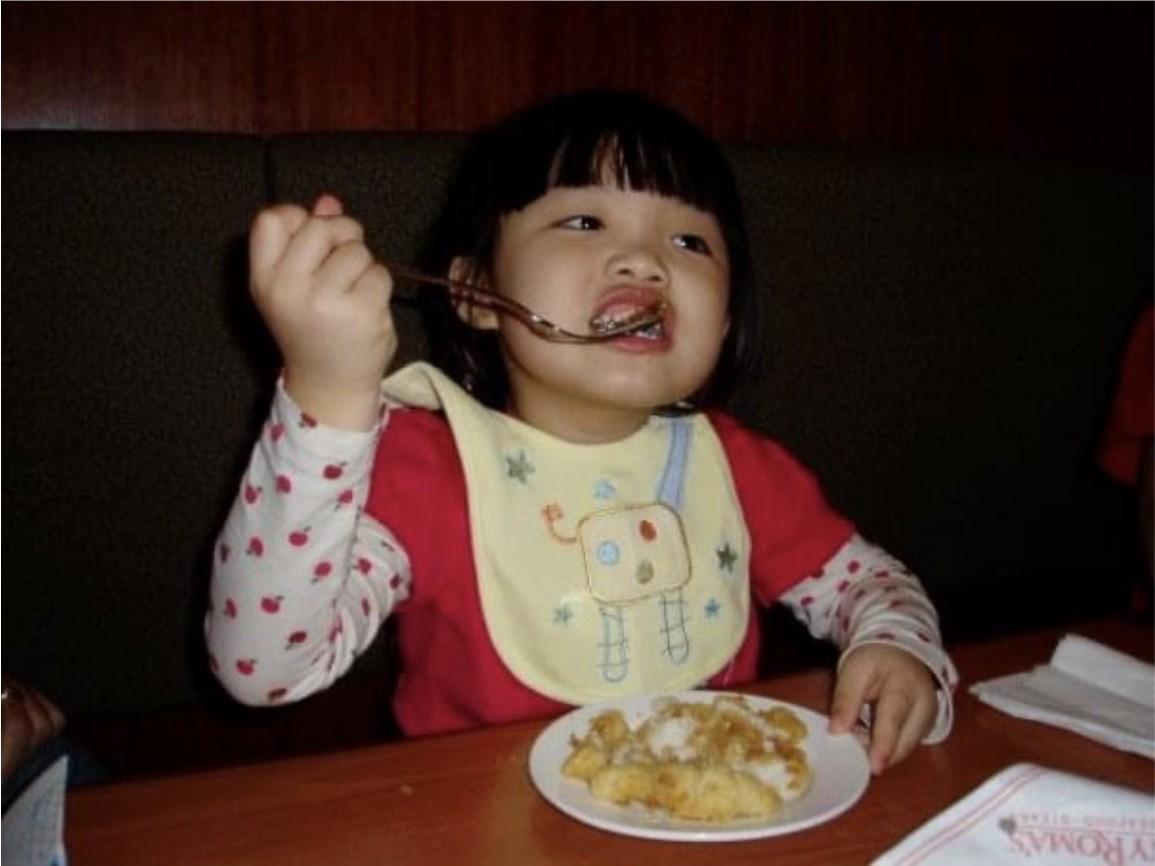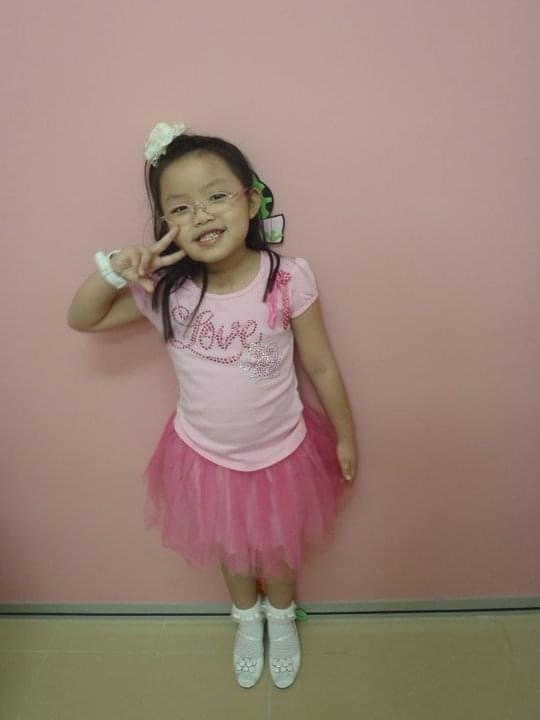

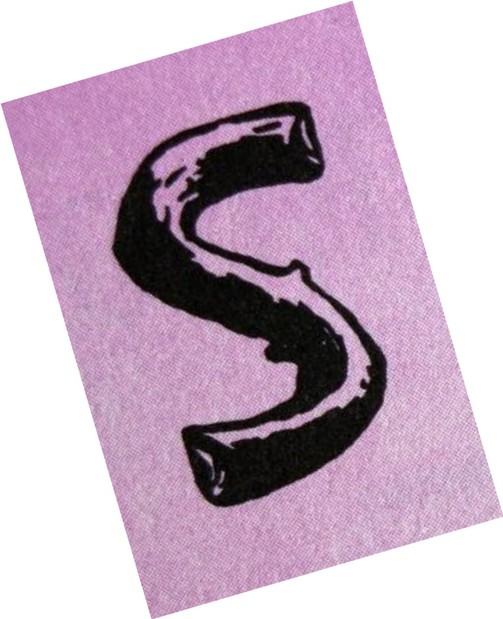









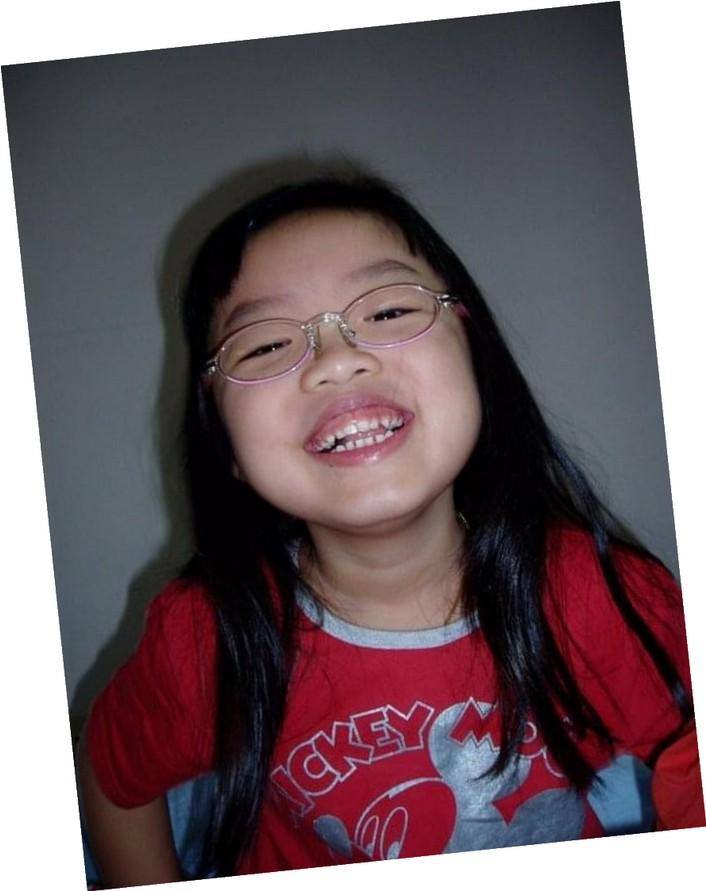

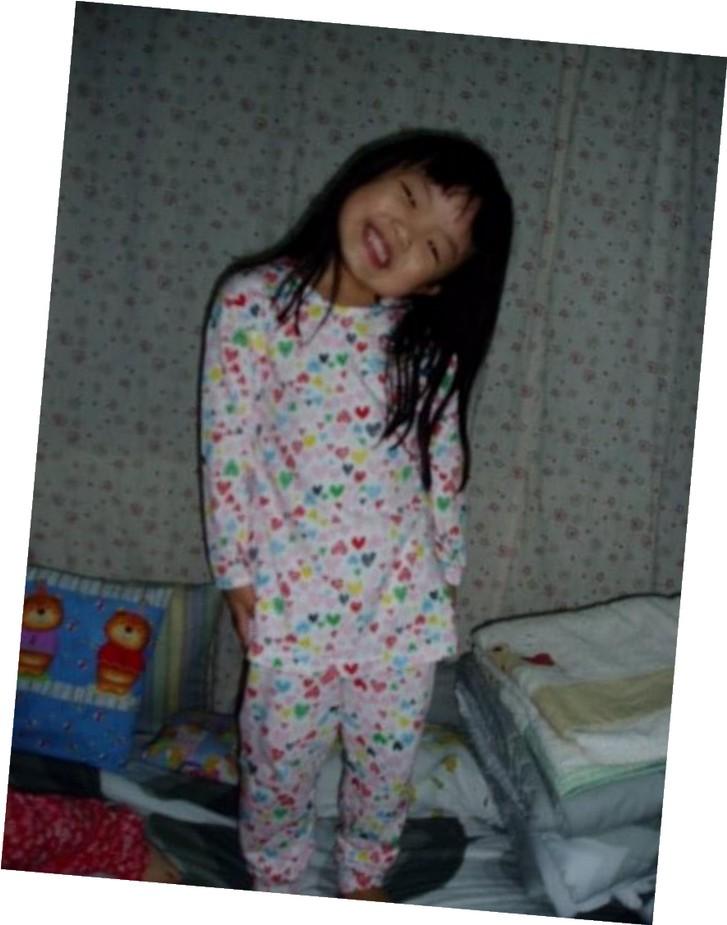

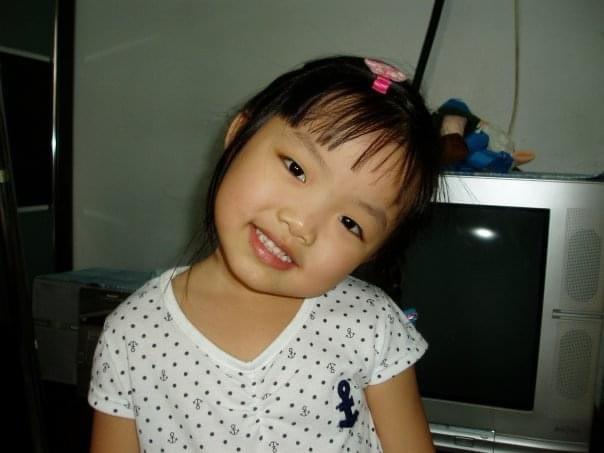
Faustine Khoo Xiao Xin (RKL-AP2305001)
RKL-DPS026: Introduction to Psychology
July 24, 2023



















Faustine Khoo Xiao Xin (RKL-AP2305001)
RKL-DPS026: Introduction to Psychology
July 24, 2023

Influence of Developmental Psycholody and My Struggle with Stress and Mental Health
Table of Contents
Chapter 1 –Introduction (pg 4-5)
Chapter 2 - Infancy and Childhood Period
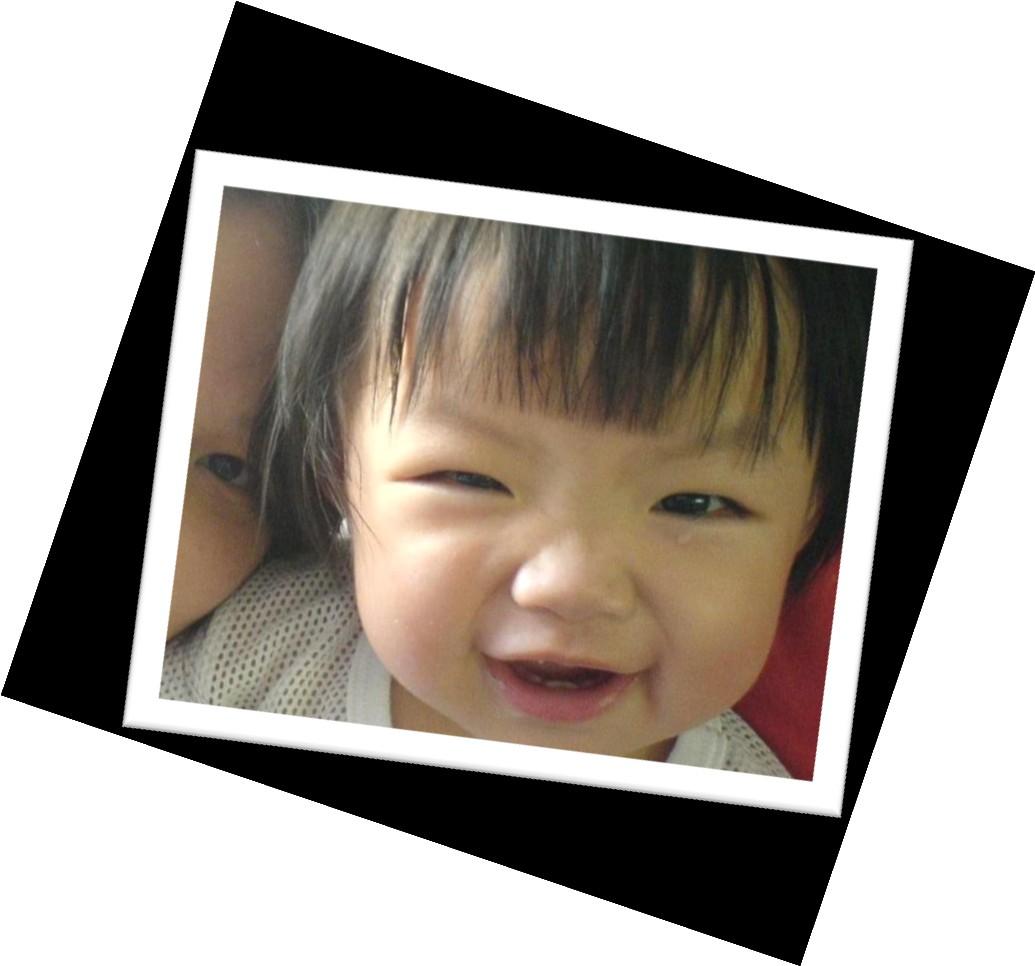
Temperament (pg 8)
Attachment Style (pg 9)
Erikson’s Psychosocial Stages of Development – Industry VS Inferiority (pg 10-11)
Chapter 3 - Adolescence & Early Adulthood Period
Stress (pg 13)
Perfectionist (pg 14)
Overthinking (pg 15)
Burnout (pg 16)
Erikson’s Psychosocial Stages of Development – Identity VS Role Confusion (pg17)
Chapter 4 - Conclusion (pg18)
References (pg19-20)


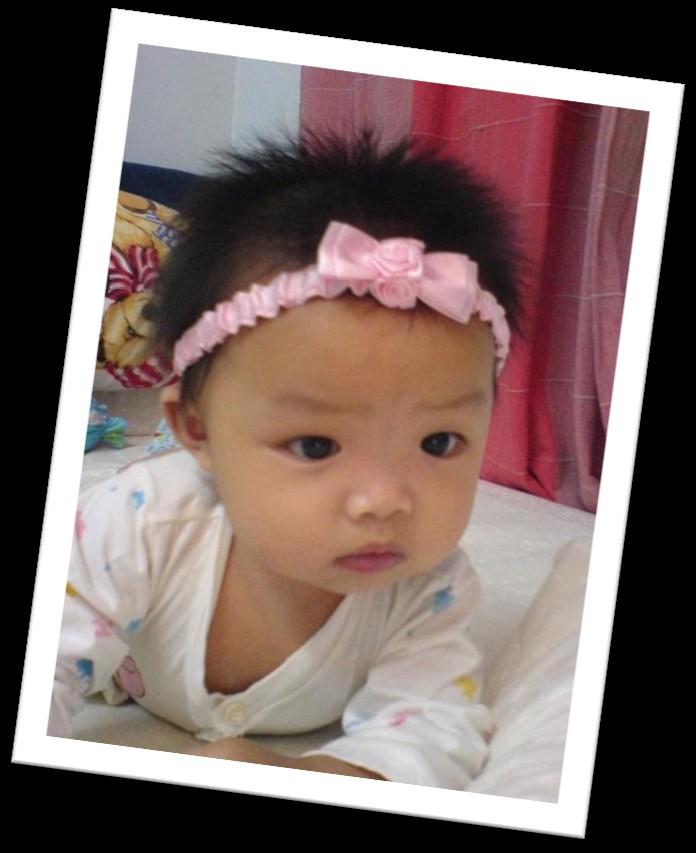

• 18th of July 2005

• Seremban
• One sibling
• Loving, strict, and conservative family
• Perfectionist, pessimistic, and stressful

• To know myself better
• To relate psychological theory with my growing experience




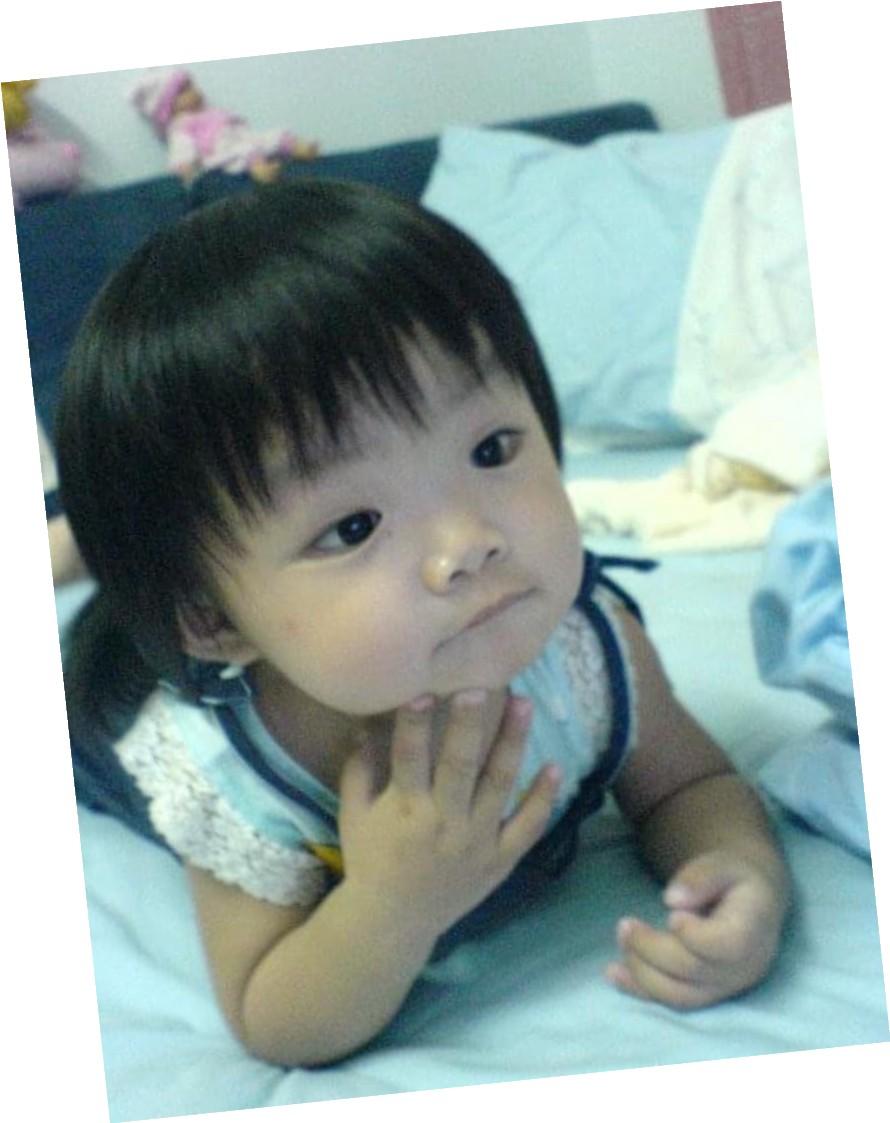



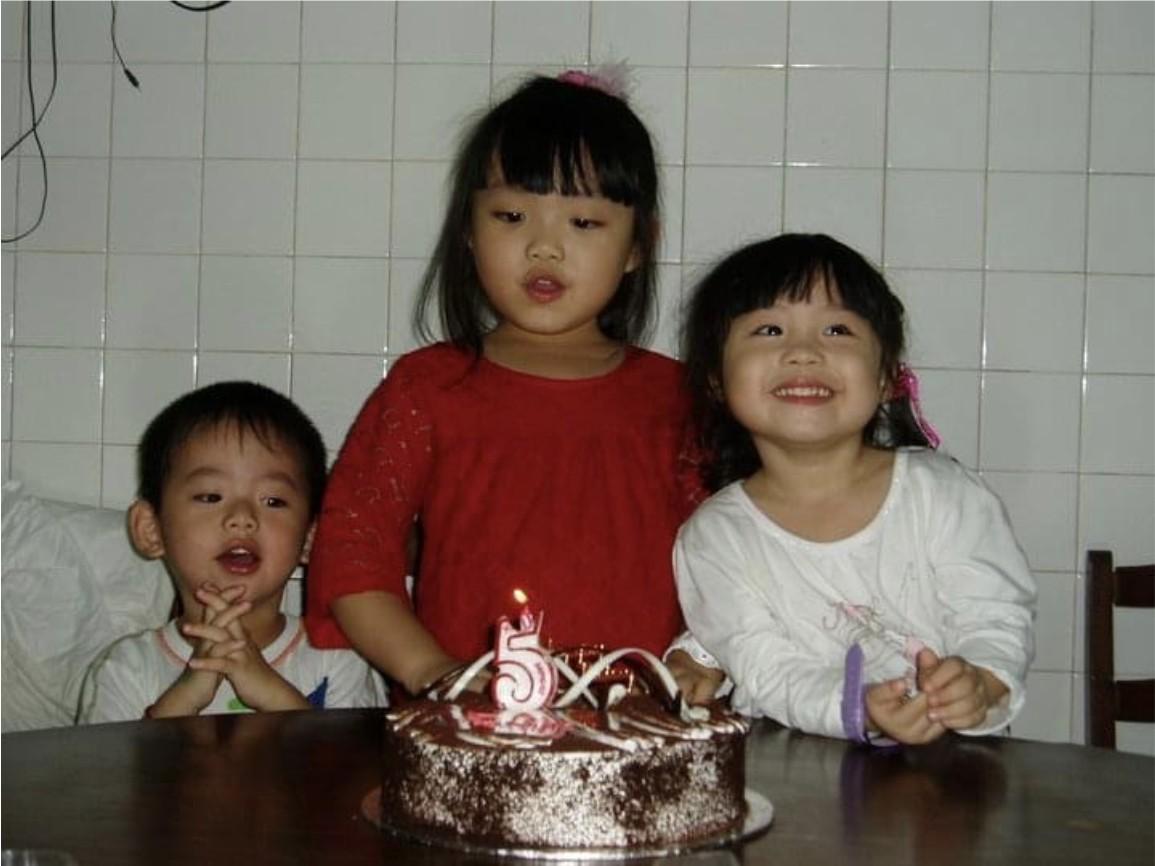

• Earliest way children show that each of them has different personalities with their stable behavioral and emotional characteristics (Ciccarelli & White, 2015)
• The foundation for the development of an individual’s personality traits (McAdams, 2010)
- temperament traits at the age of 3 is closely related to the --- personality that one owns at 26
• Easy = follows a regular routine
• Slow to warm up = need more time to get used to new environments or people, usually after warming up they will be all happy and bubbly again
• Hard = follows an irregular routine

• Childhood temperament trait is a key factor to the development of later personalities
- including mental health, academic performance and adult personality (Strickhouser & Sutin, 2019).

• Formed based on different interaction and behaviors in a relationship (Cherry, 2022)
• Interaction with parents + significant other

• Four types of parenting styles (Gorostiaga et al., 2019)
- authoritative = unrestrictive, involving with necessary boundaries
- authoritarian = extremely strict and controlling
- permissive = barely have any rules set and give huge amount of autonomy
- neglectful = do not show any interest and allow children to do everything
• Demandingness and responsiveness (Maccoby & Martin, 1983)
• Ciccarelli and White (2015), there are few kinds of attachment styles
- secure attachment = secured, trust that their needs will always be fulfilled (sensitive and consistent caretakers)
- avoidant attachment = emotional and distant, needs may not be met (disengaged caretakers)
- ambivalent attachment = anxious and insecure, cause children to not rely on parents or caretakers to have their needs met (inconsistent and sometimes neglectful caretakers)
- disorganized attachment = depressed and nonresponsive, very confused with the possibilities of their needs being satisfied (extreme erratic and passive caretakers)




• Reflects on the stages that every one of us go through from the first to last day of our life (Cherry, 2022).
• It also emphasis the influence of one’s social and emotional factors in psychological growth
• Emotional crisis and turning point which determines individuals’ personality and their ability to form a normal and healthy psychological feature (Ciccarelli & White, 2015).
• Started attending kindergarten, I was five years old



• Various tuitions and interest classes
• Interprets how a person functions and their hard work (Cherry, 2022)
• Industrious person is more willing to develop and master their skills to accomplish success














• State of worry or mental tension due to difficult situations in our lives
• Environmental stressor = catastrophe
- a sudden and threatful event that requires instant adaption

• Psychological stressors = pressure and uncontrollability




- pressure = the acute needs and expectations from others
- uncontrollability = the limit of control a person has over a situation
• Junior Unified Examination Certificate (JUEC) + MCO
• Love + hate relationship
- higher motivation can reflect on higher academic performance (Kori et al., 2016, as cited in Tus, 2020)
• Scott (2023) reported perfectionists as individual that have really high standards and are highly critical.

• The all-or-nothing thinking, highly critical towards oneself and others, fearful of failure, tendency to set unrealistic goals and procrastination
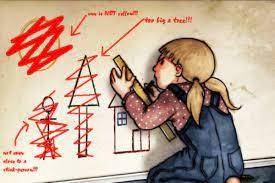


• Cause by poor self-esteem, a sense of inadequacy and a need to control things (Scott, 2023)
- insecure when comparing myself with others

• Process of thinking about something for an unreasonable long amount of time and overly analyzing it (Morin, 2023)

• Always having a second guess on decision made, always thinking about the worst consequence, hard to relax and mental exhaustion
• Environmental stressors like catastrophe as well as psychological stressors like pressure, uncontrollability, and frustrations can lead to the act of overthinking
- all international students in China are not allowed to return home this life taking and uncontrollable situation = students have higher tendencies to overthink and seep in negative thoughts (Jamshaid et al., 2020)
• Really stress, lost and miserable
• Not considered as a mental illness
• It has the potential to cause various mental illness. For instance depression, Obsessive-compulsive Disorder (OCD), panic disorder and many more (Morin, 2023)

• Stress, perfectionism, and overthinking had led me to burnout


• To maintain the standard and to live up to the expectations
• Difficult to focus, study and to be as driven as I was before
• Plans were all over the place and started to feel meaningless in everything I do
• Long period of stress that triggers exhaustion, hate emotion towards something that one used to be passionate about and low level of motivations (Scott, 2022)
• Exhaustion
• Over-usage of one’s emotional and physical resources (Maslach & Leiter, 2016)
• Feels drained and used up, with no energy to carry out their day
• Cynicism = detached feeling towards one’s life, job and things that they were passionate about - coping method to the overwhelming stress and workload



• 13 to our early 20s (Ciccarelli & White, 2015)
• Establish a sense of self, definitions of life and independency


• Feeling lost and miserable, neither knowing who they are nor where they are heading to (Cherry, 2022)
• Sexual and occupation as mentioned by Erikson (Mcleod, 2023)
• Personalities, families, cultures, peers, communication technology and social networking sites (Upreti, 2017)



• Authoritative + secure attachment
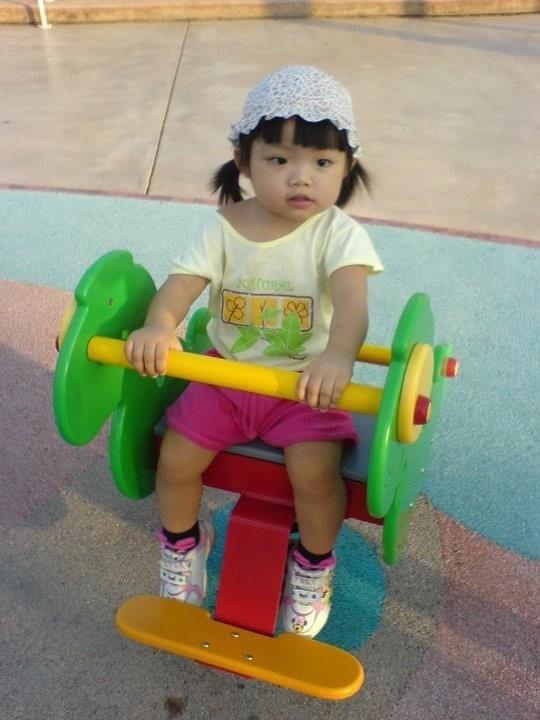

• Industrious
• Stress + Perfectionism + Overthinking = Burnout
• Identity VS Role Confusion


Cherry, K. (2022, December 29). Industry vs. Inferiority in Psychosocial Development. VeryWellmind. https://www.verywellmind.com/industryversus-inferiority-2795736

Cherry, K. (2022, June 22). Identity vs. Role Confusion in Psychosocial Development. VeryWellmind.https://www.verywellmind.com/identityversus-confusion-2795735
Cherry, K. (2022, May 26). The Different Types of Attachment Styles. VeryWellmind. https://www.verywellmind.com/attachment-styles-2795344
Ciccarelli, S. K., & White, J. N. (2015). Psychology (4th ed.). Pearson
Gorostiaga, A., Aliri, J., Balluerka, N., & Lameirinhas. (2019). Parenting Styles and Internalizing Symptoms in Adolescence: A Systematic Literature Review. International Journal of Environmental Research and Public Health 2019, 16(17), 3192; https://doi.org/10.3390/ijerph16173192
Jamshaid, S., Malik, N. I., Haider, A. A., Jamshed, K., & Jamshad,S. (2020). Overthinking Hurts: Rumination, Worry and Mental Health of International Students in China During Covid-19 Pandemic. Advances in Social Science, Education and Humanities Research. 491. 10.2991/assehr.k.201201.004
Maslach, C., & Leiter, M. P. (2016). Stress: Concepts, Cognition, Emotion, and Behavior. Handbook of Stress Series Volume 1.
https://doi.org/10.1016/B978-0-12-800951-2.00044-3
McAdams, D. P., & Olson, B. D. (2010). Personality Development: Continuity and Change Over the Life Course. Annual Review Psychology, 2010(61), 517-42. 10.1146/annurev.psych.093008.100507
Mcleod, S. (2023, June 9). Erik Erikson’s Stages of Psychosocial Development. Simply Psychology. https://www.simplypsychology.org/erikerikson.html#Stage-5-Identity-vs-Role-Confusion
Morin, A. (2023, February 14). How to Stop Overthinking. VeryWellmind. https://www.verywellmind.com/how-to-know-when-youre-overthinking5077069

Scott, E. (2022, October 16). How to Recognize Burnout Symptoms. VeryWellmind. https://www.verywellmind.com/stress-and-burnoutsymptoms-and-causes-3144516
Scott, E. (2023, February 27). Perfectionism: 10 Signs of Perfectionist Traits. VeryWellmind. https://www.verywellmind.com/signs-you-may-be-aperfectionist-3145233
Strickhouser, J. E., & Sutin, A. R. (2019). Family and neighborhood socioeconomic status and temperament development from childhood to adolescence. Journal of Personality, 88 (3), 515-529. DOI: 10.1111/jopy.12507
Tus, J. (2020). Academic Stress, Academic Motivation, and Its Relationship on the Academic Performance of the Senior High School Students. Asian Journal of Multidisciplinary Studies, 8(11).
Upreti, R. (2017). Identity Construction: An Important Issue Among Adolescents. IOSR Journal of Humanities and Social Sciences (IOSRJHSS), 22(6), 54-57. DOI: 10.9790/0837-2206105457
